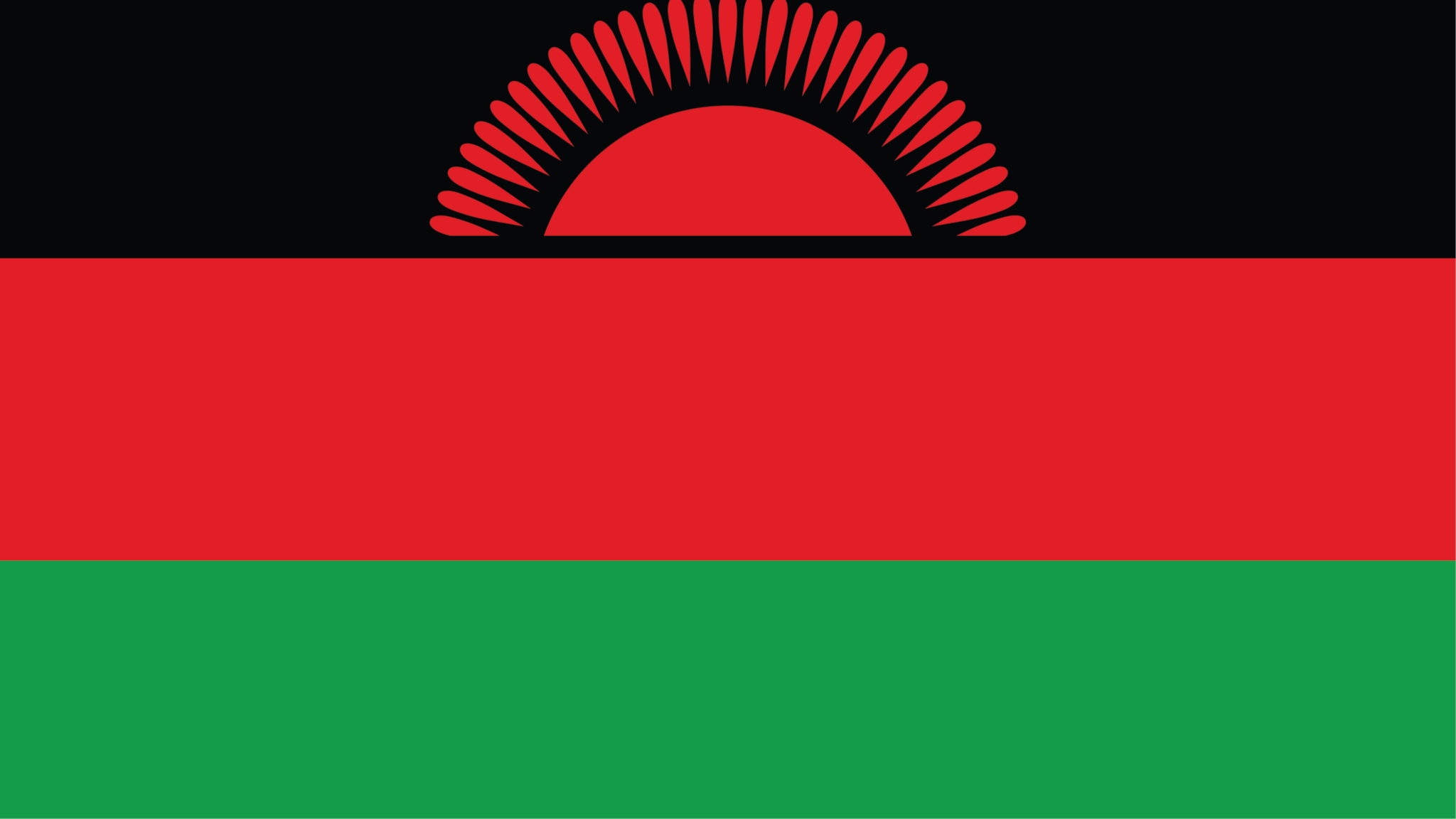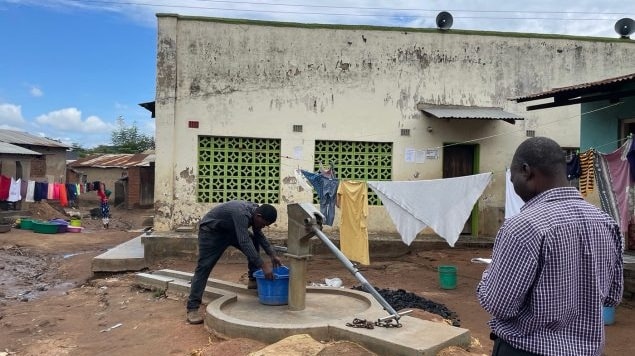At a glance
CDC established an office in Malawi in 2001. CDC Malawi works closely with the Government of Malawi and partner organizations to prevent, detect, respond to, and control HIV and other infectious disease outbreaks. CDC’s work aims to protect the health of Americans and promote public health around the world.

Key accomplishments

- Supported the implementation of Malawi’s largest electronic medical record system, now in over 785 facilities.
- Supported a multi-tiered approach to strengthening laboratory capacity testing for HIV, TB, and emerging infectious diseases countrywide. This work includes implementing continuous quality improvement for both conventional and point-of-care testing laboratories.
- Established the Field Epidemiology Training Program (FETP) and supported training over 300 public health workers.
- Supported the national Public Health Emergency Operations Center to coordinate emergency response activities, including technical assistance during Malawi’s deadliest cholera outbreak.
- Enhanced acute flaccid paralysis surveillance through the efforts of FETP graduates to improve case detection and response after 2022 outbreak of poliovirus.
Global health security
CDC's technical support strengthens public health systems to prevent, detect, and respond to emerging infectious diseases. CDC focuses on real-time disease surveillance, laboratory systems and diagnostics, workforce development, and emergency management.
Laboratory systems strengthening
CDC supports the Public Health Institute of Malawi (PHIM) to develop the capacity to prepare for and respond to emerging diseases. PHIM’s reference laboratories are producing specimen genotyping and proficiency panels for TB, HIV, syphilis, and hepatitis B tests. These efforts help to sustain the national quality assurance program. CDC also supports a four-tiered approach (central, district, facility, and community) to strengthening laboratory capacity testing for HIV diagnostic and treatment monitoring, emerging infectious diseases, and TB. This work includes implementing continuous quality improvement for both conventional and point of-care testing laboratories. All 28 districts in Malawi participate in this initiative.
Workforce development
CDC partnered with the PHIM to establish the Field Epidemiology Training Program (FETP) in 2016. FETP trains public health professionals at community, subnational, and national levels to strengthen their capacity in disease surveillance as well as outbreak investigation and response. Malawi’s FETP program supports the frontline and intermediate levels of training.
Emergency response
Malawi faced its deadliest cholera outbreak in history from 2022 to 2023, recording over 59,000 cases and 1,770 deaths. CDC Malawi provided technical expertise and support to the emergency operations center by leveraging funds from HIV, TB, and COVID-19 initiatives, while collaborating with UNICEF on water, sanitation, and hygiene efforts.
Additionally, after three decades without poliovirus cases, Malawi declared an outbreak in 2022, confirming Wild Poliovirus Type 1 and subsequently reporting four cases of vaccine-derived poliovirus type 1 and a vaccine-derived poliovirus type 2 outbreak from environmental samples. In response, CDC enhanced acute flaccid paralysis surveillance through the efforts of FETP graduates to improve case detection and response.
Malawi’s Ministry of Health reported its first confirmed case of monkeypox on April 17, 2025. As of October 2025, there have been 138 confirmed cases. PHIM is leading Malawi’s response to the monkeypox outbreak, establishing an emergency operations center and working with district authorities as case numbers rise. The U.S. government donated 33,600 JYNNEOS vaccine doses to support the Government of Malawi to prevent the further spread of monkeypox, and supported implementation of a vaccine campaign. As of November 2025, 10 of the 12 planned districts have completed implementation and 79% (over 26,200) of the doses have been administered.
CDC support includes the following:
- Enhancing diagnostic capacity at the national reference laboratory which included training, provision of laboratory reagents, and technical assistance.
- Training of health care workers in four districts, including Lilongwe, where most confirmed cases are reported.
- Support of risk communication and community engagement (RCCE) activities which included dissemination of awareness messages.
- Provision of technical assistance to the National Incident Management Team in surveillance, vaccination, infection prevention, case management, point of entry care, and RCCE.
- Participation in the preparation of a National Vaccine Request and plan on deployment and implementation.
HIV and TB
As a key implementer of the U.S. President's Emergency Plan for AIDS Relief (PEPFAR), CDC plays an essential role in the fight against HIV and TB. With unmatched scientific and technical knowledge and long-standing relationships with ministries of health, CDC is uniquely positioned to advance HIV, TB, and other global health security activities that keep Americans safe at home and abroad.
Through PEPFAR, CDC provides critical support to Malawi's public health infrastructure, improving the country's ability to prevent, detect, and respond to HIV, TB, and other infectious diseases and minimizing their risk from entering the U.S.
Immunization
CDC provides technical and programmatic expertise to eradicate, eliminate, or control vaccine-preventable diseases through immunizations. CDC works with international and local partners to strengthen immunization systems and provide evidence-based technical knowledge to expand routine vaccine delivery. This work helps prevent cases of infectious diseases such as polio, measles, and monkeypox.

![[thumbnail] (hidden)](/global-health/media/images/2025/11/Malawi_thumbnail.jpg)